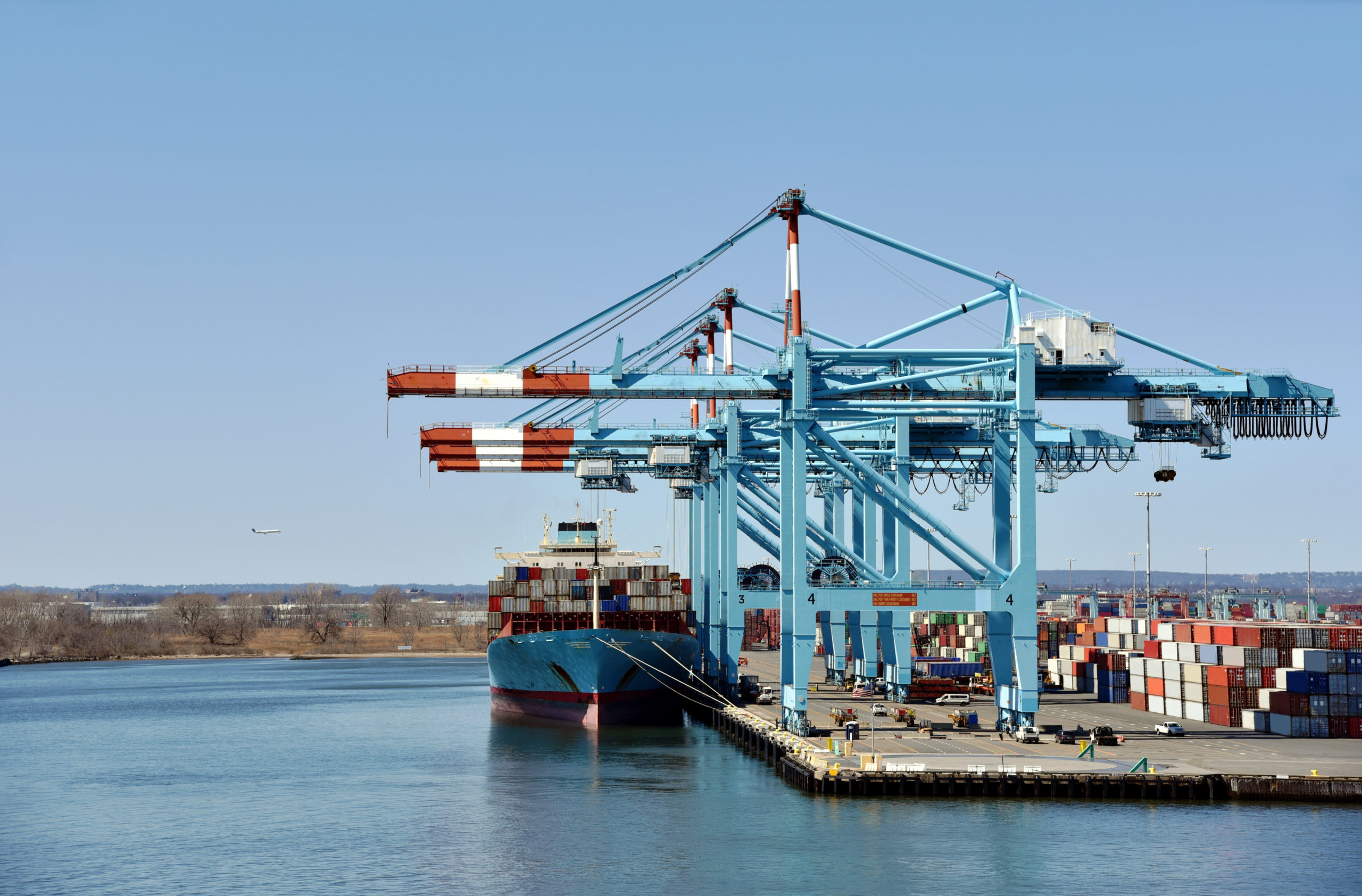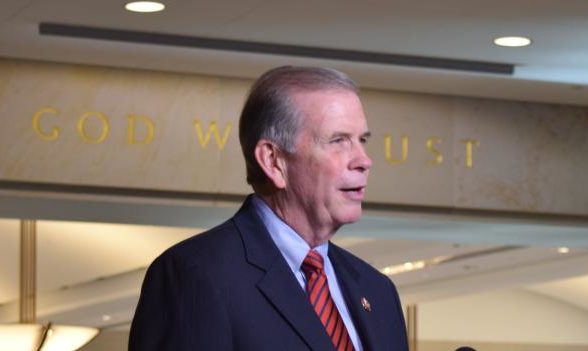Posts tagged Supply chain
Teamsters, UPS battle may be just a warmup for future Amazon fight, experts say
July 10, 2023 // Such a protest would be the largest single-company strike in decades; the union last walked off the job at UPS in 1997 for a 15-day strike that snarled the package supply chain worldwide. But talks between the Teamsters, who represent about 340,000 UPS workers, and the company collapsed Wednesday despite appearing to have reached a deal days earlier. Each side blamed the other for walking away after marathon Independence Day negotiations failed to yield an agreement despite signs of early progress.
UPS Teamsters say nationwide strike is ‘imminent’ if Friday deadline not met
July 3, 2023 // The UPS Teamsters have been engaged in ongoing negotiations for about two months, but a strike could thrust the commerce industry into chaos because it would lead to the largest U.S. strike in decades. It will include more than 340,000 warehousing, transportation and delivery workers bound by the largest private-sector bargaining agreement in the country. The UPS Teamsters wrote that UPS risks “causing devastating disruptions to the supply chain in the U.S. and other parts of the world” with its Friday deadline.
DOCKWORKERS SETTLE, TEAMSTERS AUTHORIZE UPS STRIKE
June 20, 2023 // Congestion at West Coast ports during the pandemic demonstrated the crucial role the sea freight gateways to the U.S. play in keeping retailers stocked. The new labor agreement ensures that labor disputes are unlikely to be a cause of disruption in the coming years. Meanwhile, negotiations between UPS and the International Brotherhood of Teamsters on a new contract to replace the one that expires at the end of July have been ongoing since April. The authorization for the union to call a strike if negotiations are not successful passed with 97% of the vote, according to the New York Times. Key issues are pay increases and a pay disparity for weekend drivers.
Acting US Labor chief urging West Coast ports contract agreement
June 14, 2023 // On Monday, West Coast seaport employers criticized worker absences, which they said were slowing work at some of the nation's busiest ports, as unions press for a bigger share of record profits reaped when cargo shipments surged during the pandemic. West Coast ports stretching from California to Washington state are critical to U.S. supply chains and the nation's economy. Contract talks have entered their 13th month. The Pacific Maritime Association (PMA), representing terminal operators with ties to the shipping companies that enjoyed a hefty financial windfall from COVID-19, said port operations in Los Angeles, Long Beach and Seattle on Sunday suffered disruptions due to labor shortages.
340,000 UPS workers are voting whether to authorize a massive strike
June 8, 2023 // The vote results will be announced next week on June 16, the union said. Strike authorization votes are routine during contract negotiations, and almost always pass. A nationwide UPS strike would be the largest work stoppage in US history. The union represents more than half of UPS’s total global employee base – 340,000 UPS Teamsters – which includes drivers and package sorters. Voting will occur in person both at local union halls and at the gates of UPS facilities, according to the Teamsters.

Labor dispute snarls West Coast ports; White House urged to step in
June 7, 2023 // The maritime association contends members of a dockworkers union have engaged in “concerted and disruptive work actions” for several days. “Union leaders are implementing many familiar disruption tactics from their job action playbook, including refusing to dispatch workers to marine terminals, slowing operations, and making unfounded health and safety claims,” according to a statement the association posted late Monday on Twitter. When asked for comment Tuesday, union officials referred to a statement released Friday by ILWU President Willie Adams. He pointed to “historic” profits made by port operators, which the union estimated topped $510 billion during the pandemic.

Frank Ricci: CT legislators want unemployment for striking workers
May 25, 2023 // S.B. 938 would upend this balance by forcing businesses to fund striking workers through unemployment. It thereby puts a thumb on the scale in labor’s favor, in a way that no other New England state does — nor do 49 other states, leaving New York as the lone exception. The consequence would be to apply severe financial pressure on employers — both by increasing the duration of strikes and by tapping unemployment, which is a self-contained system paid for by employers and administered by the state. One Stop & Shop worker testified in 2022 that a previous bill with identical requirements was designed to increase employee “leverage” and admitted, “Had we had unemployment benefits to rely on during the 2019 strike, we might’ve been able to stay out longer. The bill places no restriction on union strike funds, however, so striking workers may collect funds from the unions as well. The result? Workers could be paid more to go and stay on strike than they would have made working — this will incentivize labor unrest.
Opinion: Ways Congress can strengthen the trucking workforce
April 5, 2023 // For 90 years, the U.S. economy and supply chain have benefited from the choice of individuals to run their own trucking businesses. More than 90 percent of motor carriers operate six trucks or fewer, many of whom started as independent contractors and continue to choose that business model for themselves.
Union to Defense Chief: You Aren’t Using Your Own Employees Enough to Help Meet Global Threats
April 4, 2023 // AFGE called on the Biden administration and Congress to align the Federal Wage System’s locality pay map with that of the General Schedule and advance legislation to improve Defense Department civilian police pay. elley called for the Biden administration to waive laws that AFGE claims favor non-competitive contracts, as well as reform the compensation of tens of thousands of underpaid Defense Department employees. Specifically, AFGE renewed its call for the Biden administration to align the locality pay map of employees on the Federal Wage System, commonly called wage grade workers, to that of the General Schedule. At issue is the fact that, unlike the General Schedule’s locality pay areas, which are tweaked on a nearly annual basis to account for changing regional costs of living and commuting patterns, the Federal Wage System’s map is still based mostly on a decades-old map of domestic military bases and other facilities.

PRO Act puts union leadership ahead of workers
March 6, 2023 // Despite its name, the PRO Act fails to “protect the right to organize” — a right that exists under current law and is respected by people on both sides of the aisle. Rather, the legislation would undo existing reforms adopted under the Taft-Hartley Act of 1947, which helped to curb union violence, coercion, and other criminal activity that plagued labor unions at that time. Unfortunately, the PRO Act would empower union leadership to engage in the same reckless, short-sighted, and dangerous tactics that have disrupted our economy, making it more difficult and costly to invest in our workforce. Research from the American Action Forum has even found that if the PRO Act becomes law, employers could face more than $47 billion in new annual costs, further jeopardizing the economic recovery following the disruptions of the COVID-19 pandemic. The pandemic has exposed weaknesses in our supply chain, and the PRO Act would only further weaken resiliency and could result in more shortages and bare shelves. The special interest bill would also undermine the fundamental rights of workers. Rather than empowering workers, the bill would force them into one-size-fits-all union contracts and subject both workers and job creators to union harassment, infringing on workers’ individual rights. First, the bill allows union leadership to access private information from employees without their consent, giving them free rein to contact, harass, and coerce their workers. It also limits the rights to a secret ballot — a core tenet of American democracy — which will further endanger workers who may have reservations about joining a union. Privacy, secret ballots, and flexibility should all be expected and guaranteed in the 21st-century workplace. Additionally, the bill would abolish right-to-work laws in 27 states,
